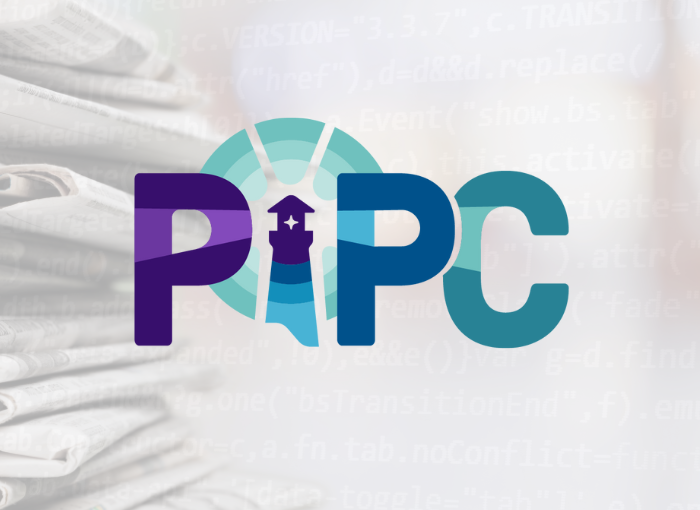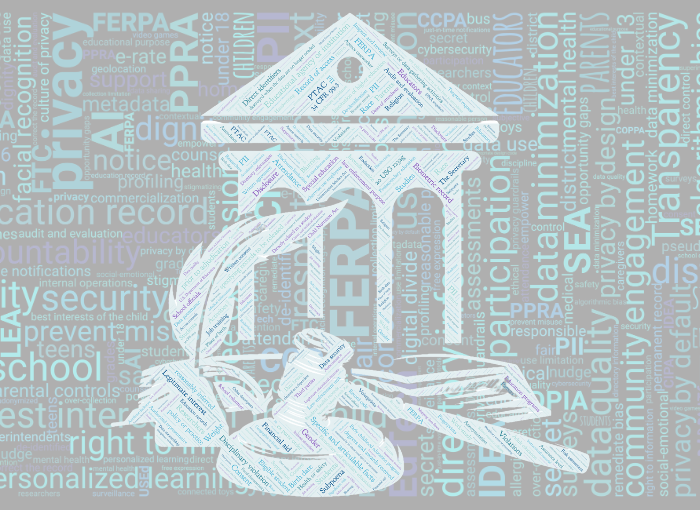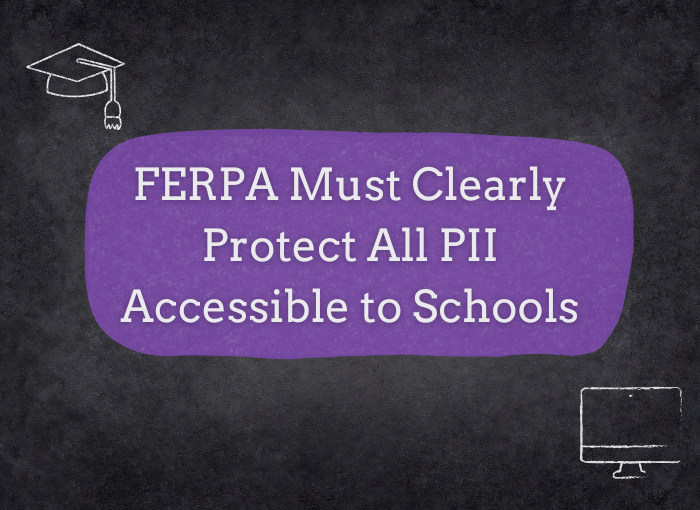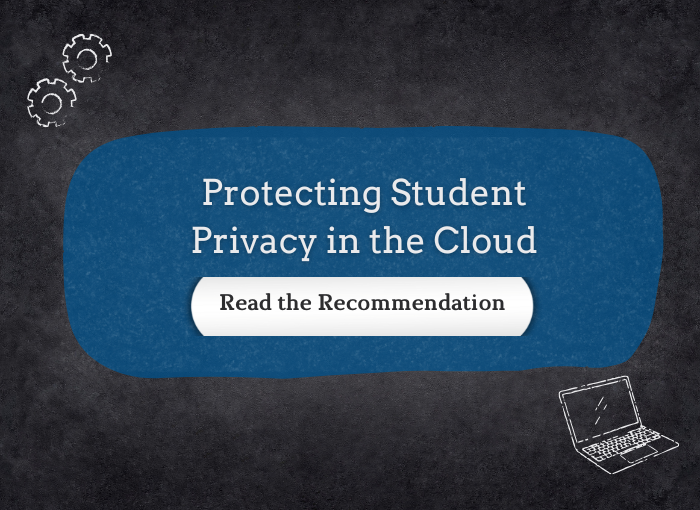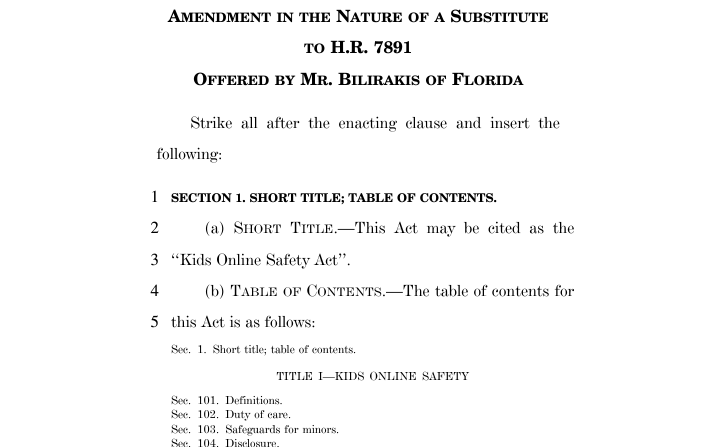Public Interest Privacy Center Releases Updated State Law Maps
Press Release Public Interest Privacy Center Releases Updated State Law Maps May 29, 2025 FOR IMMEDIATE RELEASE WASHINGTON, D.C. – The Public Interest Privacy Center (PIPC) is pleased to announce the release of several updated maps outlining state student privacy laws. The updated state maps series currently includes: Comprehensive Consumer Privacy Laws; Data from a “Known Child” as Sensitive; Laws to Protect Children; State Student Privacy Laws; Cellphones in Schools Policies; Laws Modeled on SOPIPA See the maps below! The State Student Privacy Laws map is adapted from the Student Privacy Compass’s State Student Privacy Laws tracker. ### About PIPC Founded […]
Public Interest Privacy Center Releases Updated State Law Maps Read More »

